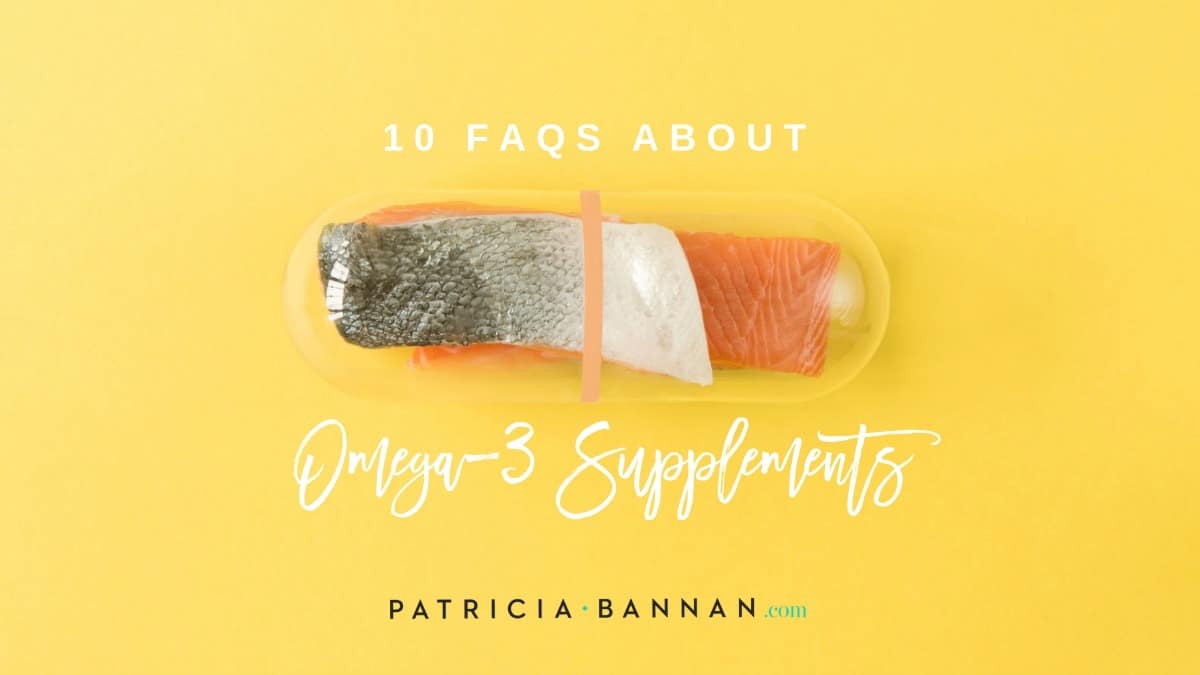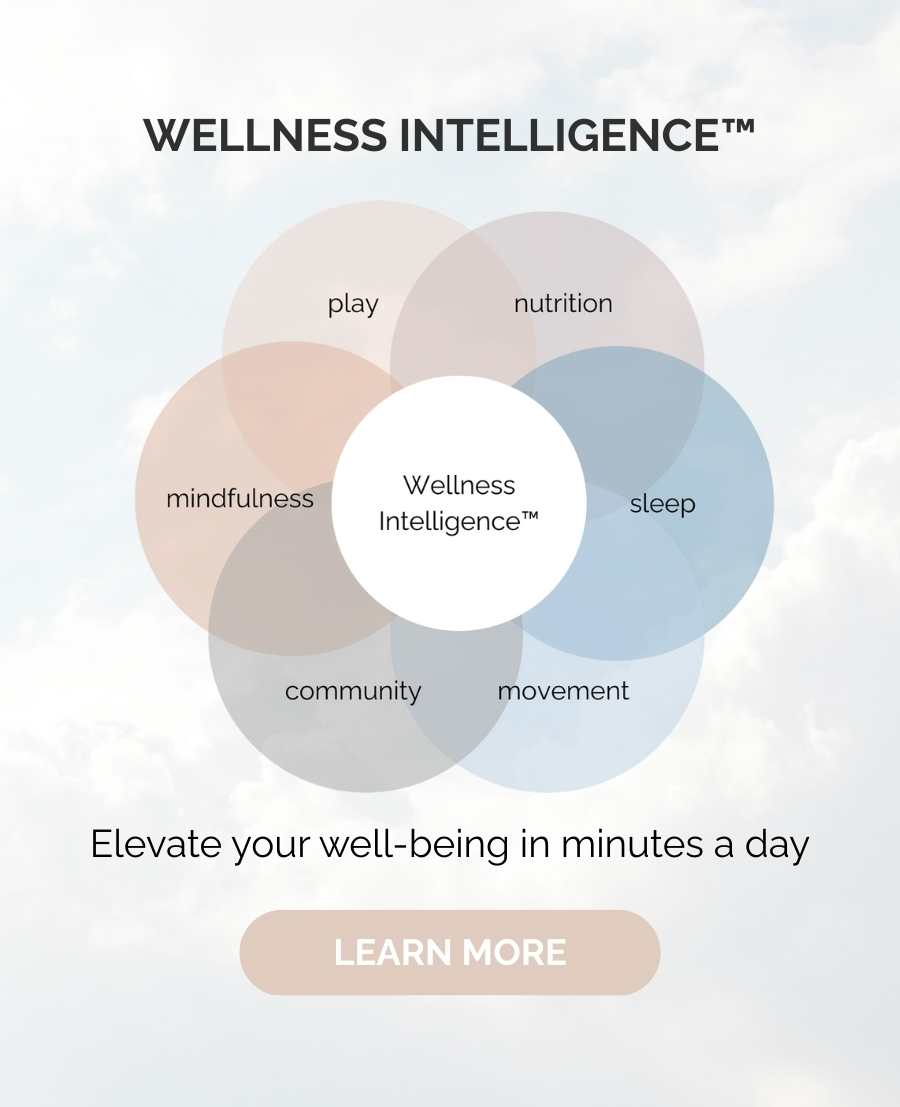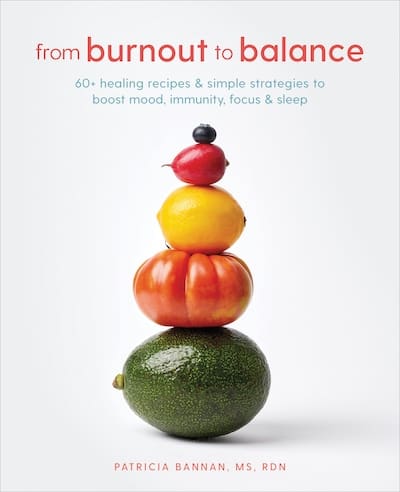I’m delighted to have partnered with the Global Organization for EPA and DHA Omega-3s (GOED) on this blog post. All opinions are my own.
You’ve probably heard about omega-3 fats, but if you’re like most people you probably have a lot of questions too, especially when it comes to the supplement aisle. To help clear up any confusion, I’m providing answers to the top questions I often get asked, as well as many questions my dietitian colleagues get asked about omega-3 supplements.
1. Do I need an omega-3 supplement?
The body needs omega-3s to develop and function optimally in every stage of life. According to the vast body of science associated with omega-3s, EPA and DHA are the most important types of omega-3s for overall wellness, including heart, brain, and eye health. These types of omega-3s are abundant in fatty fish, some algae, and some fortified foods like eggs, dairy, and orange juice.If you don’t consume enough EPA and DHA in your diet (and unfortunately most Americans do not), a supplement can help you achieve optimal levels.
For more on the importance of omega-3s, check out “Omega-3s and Brain Health – from Infancy Onward.”
2. What dose should I take?
In the United States, there is no set recommendation for EPA and DHA by the government, but many other countries recommend 250, 500 or even 1000 mg per day. For those who are generally healthy, a growing number of U.S. expert bodies and health professionals recommend 250 to 500 mg of EPA and DHA per day, and possibly higher quantities for specific life stages or health concerns. The Dietary Guidelines for Americans has a seafood specific recommendation, which is to eat two servings of fatty fish (such as salmon or mackerel) per week, which provides the equivalent of 250-500 mg of EPA and DHA per day. Talk to your health care provider to determine what dose is ideal for you.
3. Are vegan omega-3 supplements as effective as fish oil supplements?
Yes. There are omega-3 supplements derived from marine algae, a plant-based source of both EPA and DHA omega-3s. While vegan-friendly foods such as walnuts, chia seeds, and flax seeds contain omega-3s, they only contain ALA omega-3s, which are not ideal due to their low conversion rate to EPA and DHA, the primary omega-3s known for supporting heart, brain, and eye health.
4. Do omega-3 supplements contain mercury or PCB’s?
The fish oil that is used in omega-3 supplements is purified before it reaches consumers, which reduces the amount of environmental contaminants present in the product. U.S. supplement manufacturers are required to test for contaminants and heavy metals, in addition to EPA and DHA content levels, before the product makes it to the store shelf. In the case of seafood, it’s important to know which options are your best choices. The Monterey Bay Aquarium Seafood Watch is a great resource to help you make healthy seafood choices.
5. When is the best time of day to take an omega-3 supplement?
These supplements can be taken at any time of day and are available in a variety of liquid or capsule-based forms. Most supplements are best taken with food. The most important factor is to find a time of day that works for you to make taking your supplement a habit. For some, that may be first thing in the morning, while others may prefer to take it with dinner. Determine which time of day is easiest to remember and stick to it.
6. How do I pick a good omega-3 supplement?
Read the labels. Look for how much EPA and DHA is in each serving, as well as the total amount of omega 3s. Some supplements with 1,000 mg of fish oil will supply around 300 mg of combined EPA and DHA while others will have 700 or 800 mg of EPA and DHA. In addition, choose products that clearly label the serving size and all of the ingredients contained in the product. Ingredients, such as rosemary and d-alpha tocopherol (Vitamin E), are antioxidants that have been added to better preserve the fish oil and keep the product fresh tasting.
7. Can I get too much omega-3s?
The Federal Drug Administration (FDA) has stated that the use of omega-3s from supplements is safe in doses that do not exceed 3,000 mg per day.
8. Do omega-3 supplements interact with my medications?
Omega-3 supplements can interact with certain types of medications, such as blood-thinning medications. Talk to your health care provider before taking an omega-3 supplement.
9. How do I prevent fish burps?
“Fish burps” are not only uncomfortable, they often discourage people from taking omega-3 supplements. Liquid fish oil supplements often won’t repeat on you the way capsules will, and often come with added flavors such as lemon. In addition, enteric-coated fish oil supplements can diminish fish burps or aftertastes. Taking supplements with meals instead of on an empty stomach can also be helpful for preventing a nauseous feeling or fishy burps.
10. Do I need more omega-3s if I’m pregnant?
During pregnancy, developing infants must obtain DHA through the placenta, and after birth, receive it from breast milk or formula. Therefore, it’s imperative that pregnant and nursing mothers consume enough omega-3s to ensure proper infant brain and eye development (the minimum intake for fetal development is 700 mg per day of EPA and DHA, of which at least 300 mg should be DHA). Research shows that adequate omega-3 intake during pregnancy may also reduce the risk for early preterm birth (babies born at less than 34 weeks), regular preterm birth (babies born at less than 37 weeks), and low birth weight. As for after baby is born, research shows maternal DHA status may play a role to improve mood and well-being for new moms during the first year postpartum.
Do you have any other questions about omega-3s?






